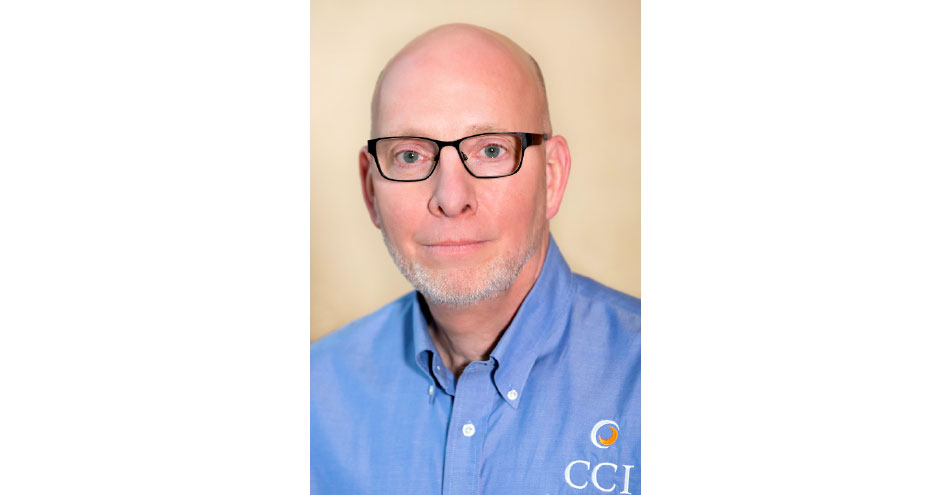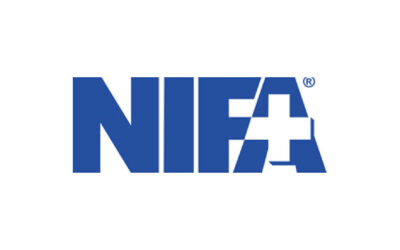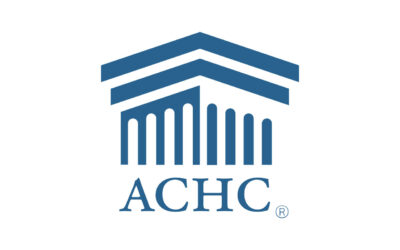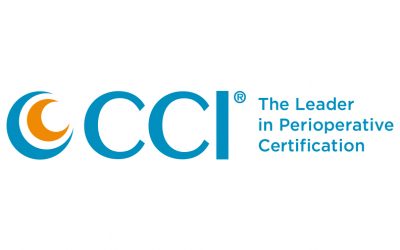By James X. Stobinski
 As the CEO of the Competency and Credentialing Institute (CCI), I attended the 2018 Executive Summit hosted by our testing partner Prometric. These meetings are held at 18-month intervals and each has a theme. The theme for this year was “Performance Leadership: Building Strong Teams.” I had a short conversation with one of the speakers during this meeting, John Foley, but he gave me much to think about. I would like to share some of my thoughts on his presentation and my subsequent reflection.
As the CEO of the Competency and Credentialing Institute (CCI), I attended the 2018 Executive Summit hosted by our testing partner Prometric. These meetings are held at 18-month intervals and each has a theme. The theme for this year was “Performance Leadership: Building Strong Teams.” I had a short conversation with one of the speakers during this meeting, John Foley, but he gave me much to think about. I would like to share some of my thoughts on his presentation and my subsequent reflection.
He is a former member of the Blue Angels, the United States Navy and Marine Corps elite flight demonstration team, the epitome of a high-performing team. He is now retired from the Navy and is a nationally recognized speaker on how to enhance the performance of teams. He stressed in his presentation that a team could reach previously unreachable performance through a process of reflection and striving to improve. During his presentation, he also spoke of the concept of the “Tyranny of the Urgent,” That phrase is attributed to Charles E. Hummel who tells us that, “Your greatest danger is letting the urgent things crowd out the important.”
During this short meeting, he and I spoke twice and he asked me, someone he had just met, the same question: each time he inquired how he could improve as a speaker, first in his own presentation and then relative to another speaker. These requests for feedback from someone in his audience gave me pause to think how perioperative nursing could apply this mindset to improve performance. In his presentation, he spoke to the value of taking feedback, in fact soliciting feedback, and using that to improve your performance. How do these two seemingly disparate thoughts on setting priorities and taking feedback pertain to the practice of perioperative nursing?
I think the utility to perioperative nurses of Foley’s approach is how perioperative nurses attend to their own professional development needs. That is, how do they take the time to reflect on their own needs. I would say that often we are so focused on our patients that we neglect our own needs. The OR has always been a time-sensitive and intense environment where it is very easy to dismiss reflection and our professional and personal development. That is, it is very easy to succumb to what Foley referred to as the “Tyranny of the Urgent” and lose sight of the important things such as our own needs.
Another key takeaway from his approach is the act of soliciting feedback. I noted that he actively seeks feedback and that this act is an organic feature of how he approaches life and his work. This striving to improve and incorporating feedback appears natural and reflexive to him. In his presentation, he stressed that the use of feedback is a key process which is integrated into the daily work of the Blue Angels. John Foley is a great example of how focus and a willingness to improve can facilitate high levels of performance.
I cannot argue that all perioperative nurses must function at the level of professional speakers or fighter pilots. However, I do think that if we take feedback and then take time to reflect we could make meaningful improvement in our work and personal lives. That improvement may then ultimately manifest in better outcomes for ourselves, our families and our patients. I urge you to take a bit of time to put aside the tyranny of the urgent and consider how you can take feedback, reflect and consider how you can improve personally and professionally.
James X. Stobinski, Ph.D., RN, CNOR, CSSM (E), is the CEO of the Competency and Credentialing Institute. He may be reached at jstobinski@cc-institiute.org.
James X. Stobinski, Ph.D., RN, CNOR, CSSM (E), is the CEO of the Competency and Credentialing Institute. He may be reached at jstobinski@cc-institiute.org.









